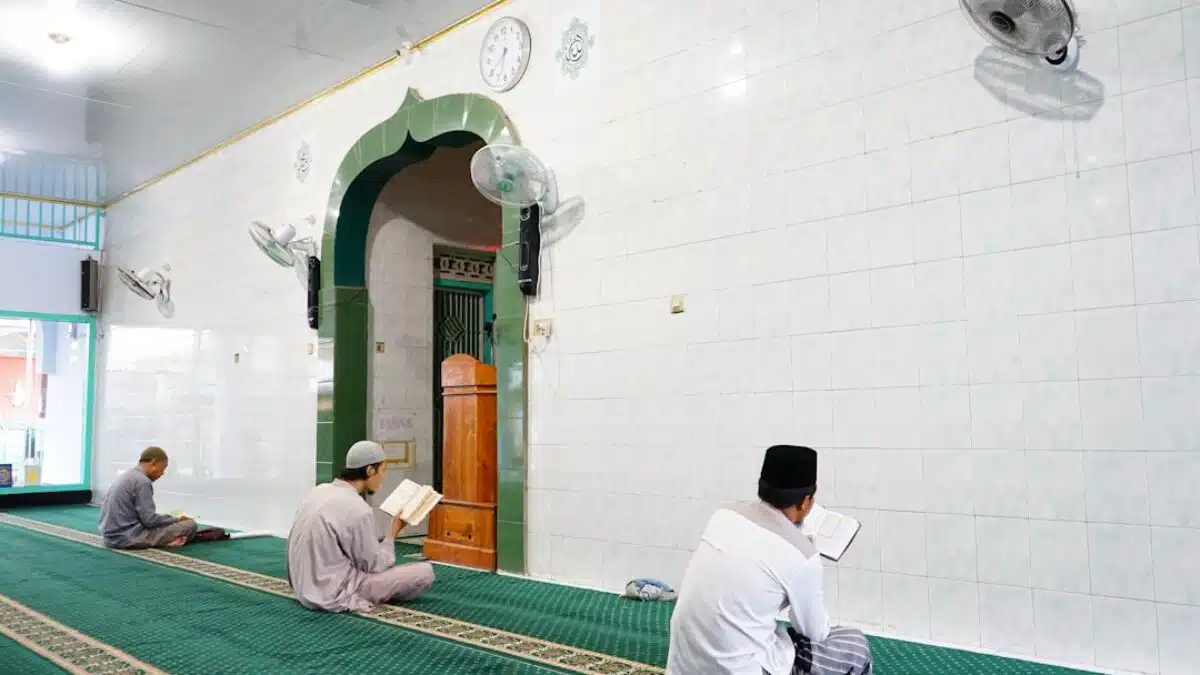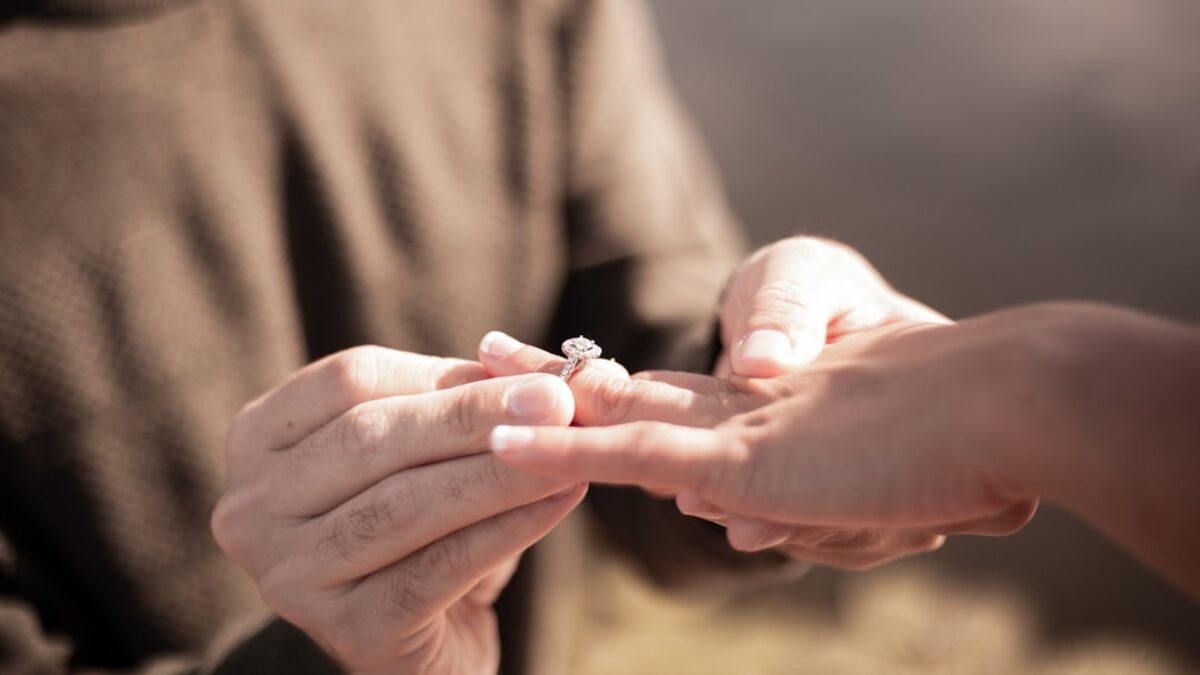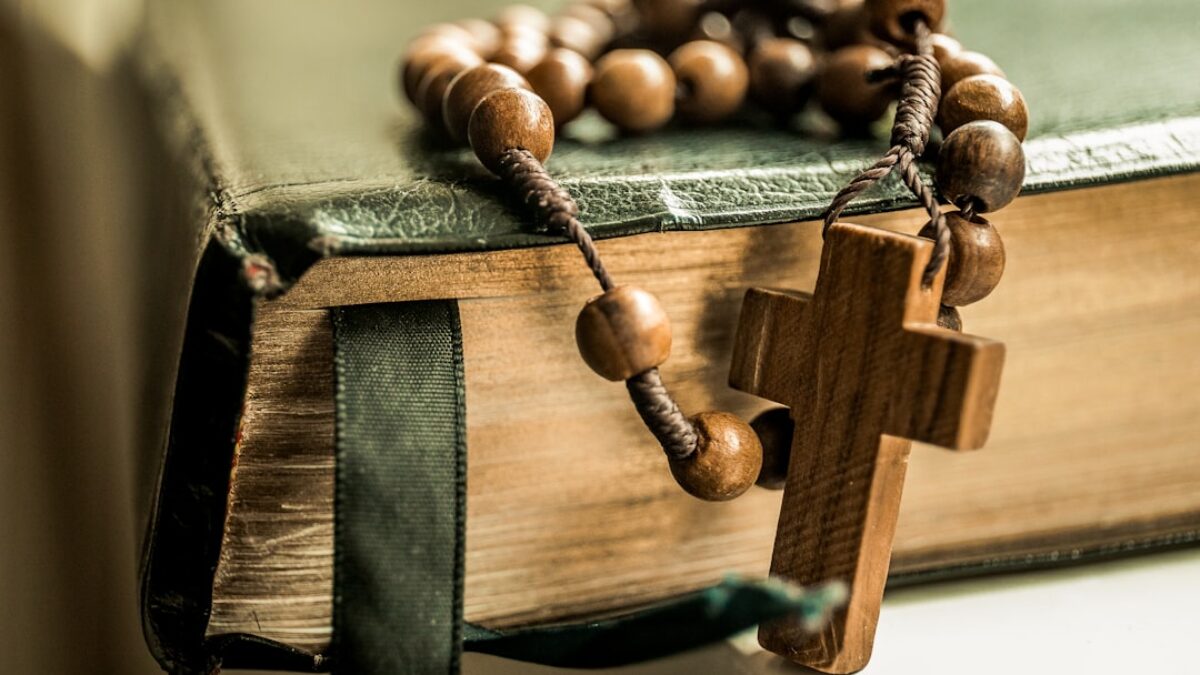Every Muslim stands before Allah with a heart that longs to be washed clean of mistakes. Salah is not simply a sequence of postures and recitations; it is the believer’s daily appointment with the Most Merciful, the moment when sins may fall away like autumn leaves and the soul is re-clothed in light. In every rukuʿ, in every sujūd, and most powerfully in the final sitting, Allah has embedded supplications that act like keys to His vast oceans of maghfirah. This article explores how to turn each prayer into a focused plea for forgiveness, offering the exact duʿās the Prophet ﷺ taught, the optimal times for them, and practical ways to ensure that every salah becomes a transaction of mercy.
Understanding Salah as a Vehicle of Forgiveness
Islamic theology teaches that the five daily prayers function as “light upon light” (Qur’an 24:35) that continuously polish the heart. The Qur’an couples ṣalāh with istighfār in dozens of verses, most memorably when Allah says: “And perform ṣalāh at the two ends of the day and during parts of the night. Indeed good deeds wipe out evil deeds.” (11:114) Classical exegetes, including Ibn Kathīr and Al-Qurṭubī, explain that the “good deeds” here are specifically the five daily prayers, and the “evil deeds” are the sins that accumulate between one prayer and the next.
The Prophetic Blueprint
The Messenger of Allah ﷺ said: “When the time for a prescribed prayer comes, an angel announces: ‘O children of Ādam, stand up and extinguish the fire you have kindled upon yourselves.’” (Aḥmad). This ḥadīth paints salah as a fire brigade for the soul. The Prophet ﷺ also taught that if a person perfects wuḍūʾ, prays the farḍ with khushūʿ, and then sits to seek forgiveness, all sins between that prayer and the next are erased.
Types of Forgivable Offenses
Major scholars categorize sins into:
- Al-kabāʾir (major sins) such as adultery, theft, or consuming ribā. These require sincere tawbah plus often restitution or expiation.
- Al-ṣaghāʾir (minor sins) like idle talk or missing a mustaḥabb act. These are routinely expunged by salah, ṣadaqah, and other good deeds.
The Mercy of Allah is so vast that even kabāʾir are forgiven when tawbah is coupled with salah, as Allah declares: “And those who, when they commit an immorality or wrong themselves, remember Allah and seek forgiveness for their sins—and who can forgive sins except Allah?—and they do not persist in what they have done, while they know.” (3:135)
Key Components of a Forgiveness-Centered Salah
1. Intention (Niyyah)
Before raising the hands to the ears, the worshipper forms a precise intention: “I intend to perform ṣalāh to draw nearer to Allah and to seek His forgiveness for my past and future shortcomings.” This dual purpose—qurbah (nearness) plus maghfirah—is linguistically valid and spiritually potent, as the Prophet ﷺ said: “Actions are only by intentions.”
2. Pre-Salah Cleansing Rituals
- Ghusl or Wuḍūʾ with extra sunan such as rinsing the mouth and sniffing water thrice.
- Siwak to purify the mouth before addressing the King of Kings.
- Two brief rakʿahs of taṭawwuʿ if time allows, following the ḥadīth: “Allah is Tayyib (Pure) and accepts only that which is pure.”
3. Recitations That Unlock Forgiveness
Opening Duʿāʾ (Duʿā al-Istiftāḥ)
After takbīrat al-iḥrām, recite:
Allāhumma bāʿid baynī wa-bayna khaṭāyāya kamā bāʿadta bayna al-mashriqi wal-maghrib. Allāhumma naqqinī min khaṭāyāya kamā yunaqqa ath-thawb al-abyaḍ min ad-danas. Allāhumma ighsil khaṭāyāya bil-māʾi wa-th-thalji wal-barad.
Translation: “O Allah, distance me from my mistakes as You have distanced the East from the West. O Allah, purify me of my sins as a white garment is cleansed of dirt. O Allah, wash away my sins with water, snow, and hail.”
Between Sujūds
The Prophet ﷺ said: “The closest a servant is to his Lord is while prostrating, so increase in duʿāʾ.” Between the two sujūds, whisper:
Rabbi ighfir lī, Rabbi ighfir lī.
Final Tashahhud & Ṣalāh ʿalā an-Nabiyy
After ṣalāh ʿalā an-Nabiyy, the Prophet ﷺ recommended the Duʿā al-Istighfār al-Mathnā:
Allāhumma innī dhalamtu nafsī dulman kathīran, wa lā yaghfir adh-dhunūba illā anta, faghfirlī maghfiratan min ʿindika, warḥamnī innaka anta al-Ghafūr ar-Raḥīm.
Reciting this once wipes out all minor sins, and reciting it thrice is equal to freeing a slave from the children of Ismāʿīl in reward.
4. Post-Salah Sunan
- Astaghfirullāh three times loudly, then Allāhumma anta as-Salām…
- 33 Tasbīḥ, 33 Taḥmīd, 33 Takbīr, followed by the complete la ilāha illallāh…
- Sitting for dhikr until the sun has risen a spear’s length (≈12 minutes), a sunnah that the Prophet ﷺ said causes angels to continue seeking forgiveness for the worshipper until sunset.
Benefits and Importance
Spiritual Renewal
Imagine the heart as a mirror. Each sin leaves a dark speck. Salah is the polishing cloth that restores the mirror’s brilliance, enabling it again to reflect the ṣifāt of Allah. Ibn al-Qayyim writes: “The five prayers are five rivulets that flow from the Throne ʿArsh to wash the heart. If they do not cleanse it, nothing else will.”
Practical Daily Detox
Modern life bombards us with spiritual toxins—social media envy, backbiting, small lies. By programming the mind to expect forgiveness at Fajr, Ẓuhr, ʿAṣr, Maghrib, and ʿIshāʾ, the believer creates a built-in detox cycle. Just as the lungs expel carbon dioxide, the heart expels the carbon of dhanb.
Psychological Tranquility
Clinical psychologists such as Dr. Malik Badri have documented that Muslims who consciously pair istighfār with salah display significantly lower levels of cortisol (the stress hormone) and higher resilience against depression. The act of verbalizing ghufrānaka rabbī after every prostration acts as a cognitive reset, releasing the believer from the paralysis of guilt.
| Benefit | Qur’anic or Ḥadīth Reference | Modern Corollary |
|---|---|---|
| Erasure of sins | Surah Hūd 11:114 | Neuroplasticity—habit rewiring |
| Angels’ intercession | Aḥmad 5:438 | Social support systems |
| Protection from Hell | Bukhārī 528 | Stress buffering |
| Increase in rizq | Tirmidhī 3499 | Enhanced productivity |
Practical Applications
Designing a Daily Istighfār Routine
Below is a template you can paste into any habit-tracking app. Each column contains the exact duʿāʾ, transliteration, and suggested number of repetitions:
- Pre-Fajr (05:00): 100 astaghfirullāh + the Duʿā al-Istighfār al-Mathnā ×3.
- Post-Fajr (05:30): Recite Qur’an 3:190-200 (Āyāt al-Maghāfirah) once.
- Between Ẓuhr and ʿAṣr (13:30–15:00): Read Surah al-Muzzammil and ask Allah to forgive any sins related to laziness.
- After Maghrib (18:10): Two rakʿahs salāt at-tawbah followed by Allāhumma innaka ʿafuwwun tuḥibbu al-ʿafwa faʿfu ʿannī ×3.
- Before Sleep (22:00): 70 astaghfirullāh plus the tasbīḥ al-fatimah.
Sample Case Study: Ahmad’s 40-Day Journey
Ahmad, a 28-year-old software engineer, felt spiritually numb. He committed to praying each salah with the above forgiveness-focused adhkār. Within three weeks, he reported:
- Reduced compulsive checking of his phone by 62 % (self-tracked).
- An emotional breakthrough with his estranged father after reciting “Rabbi ighfir lī wa-li-wālidayya” daily in sujūd.
- Dreams in which he saw himself performing tawāf with the Prophet ﷺ—a classical sign of divine acceptance in many scholarly texts.
Teaching Children the Link
Use the “Forg
























Post Comment